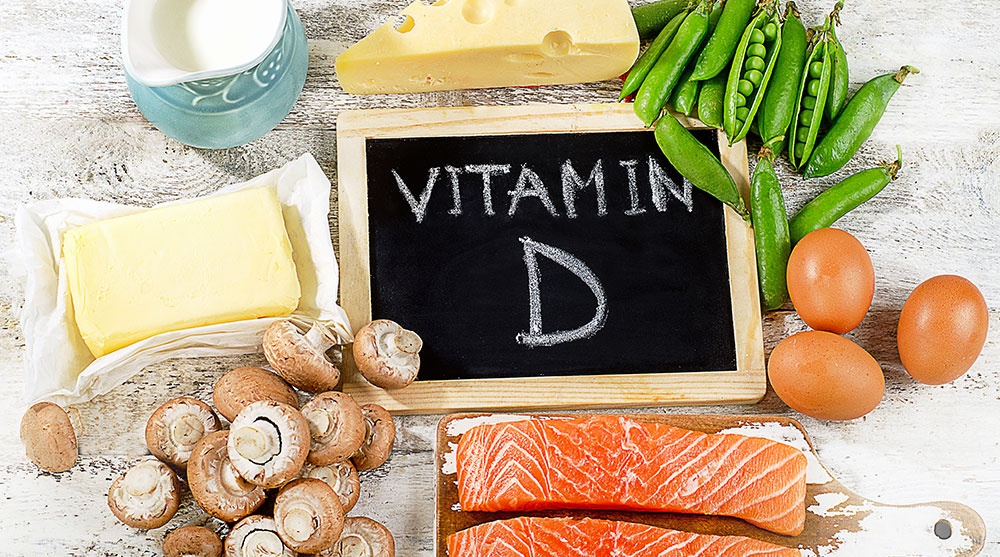Boost Your Immune System with Vitamin D
- Tara Andresen
Categories: Acupuncture Treatment Blood Sugar Management Digestive Issues Dry Needling Healthcare Practitioners IBS Toronto IBS Treatment Licensed Naturopathic Doctor Massage Therapy Naturopath Naturopath Toronto Naturopathic Clinics Naturopathic Consultation Naturopathic Medicine Naturopathic Products Naturopathy Pain Management PCOS Treatment SIBO Treatment Skin Treatment Stress Management Weight Management Women’s Health Treatment

Naturopaths love Vitamin D because it supports a wide variety of functions in the body. More recently, we are now finding out that Vitamin D can help support your immune system to prevent colds and flu, especially important for Canadians who have more limited sun exposure.
Vitamin D is a fat-soluble vitamin which is actually a precursor to steroid hormones. It is made by our skin from exposure to UV light from the sun. Decreased exposure to sunlight means that our bodies are producing less Vitamin D. There is more than one form of Vitamin D, with Vitamin D3 best used in the body.
Recent research supports the theory that low sunlight exposure underlies susceptibility to colds and influenza. It turns out that the anti-microbial cells that line the respiratory tract are dependent on Vitamin D. As a result, by acting on these immune cells, Vitamin D prevents lung infections associated with influenza.
But how to do you make sure that you’re getting enough Vitamin D. Individual Vitamin D requirements can vary considerably so it is recommended to have your Vitamin D levels tested through a simple blood test done by either your Naturopath or Family Doctor. Based on your blood testing and medical history, your Naturopathic Doctor can assess and make recommendations to meet your individual Vitamin D needs.
Once you have determined your Vitamin D status, there are several options to increase your levels. These include sunshine exposure, food sources and supplementation. Most people meet at least some of their Vitamin D needs through sunlight exposure. It has been suggested that for the average person, without an existing Vitamin D deficiency, 30 minutes, 2-3 times per week of sun exposure between 10am and 3pm leads to adequate vitamin D synthesis.
In addition to sunshine, fortified foods tend to provide most of the Vitamin D in the Canadian diet (milk and margarine are fortified by), but the best natural food sources are fatty fish (salmon, tuna, mackerel) and fish liver oils. In some cases, supplementation with Vitamin D3 may be required. The dose can range from 1000IU to 5000IU per day. Drop form is more convenient and slightly better absorbed than capsules or tablets.
To find out more about which vitamins or mineral you may need, book your first naturopathic appointment with Dr. Andresen at one of her Toronto Naturopathic Clinics.